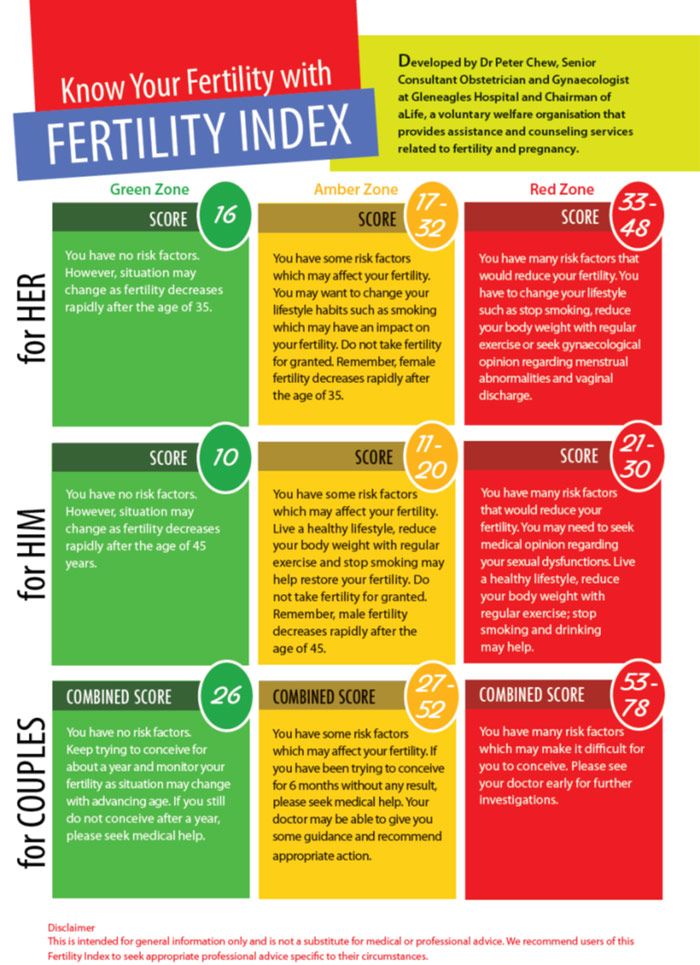Families For Life | 3 key issues for newly-weds or soon-to-be-married couples
Marriage is the start of a new chapter. You will probably need to make some adjustments and compromises to accommodate your other half in your life. Remember that for better or for worse, you will be experiencing the next milestones yet to come, together, as a couple. To solidify your marriage and give it a strong start, here are 3 key issues you want to discuss about…
1. Financial Planning
To achieve your future goals, you will need to have an open conversation about your financial capability in supporting yourselves and to achieve your goals. Some key questions to ask yourselves are:
• How will you split household expenses?
• How much money will you share?
• How much debt can you bear?
• How much savings would you need?
Some couples may decide to open a shared account while some couples prefer to hold their own separate accounts. As a couple, you would also need to discuss what you consider a luxury and what kind of expenses will require disclosure to the other party to prevent arguments in the future.
Key events that will require big expenses would be your wedding, your home, your honeymoon and perhaps your first child. As a couple, you will need to agree on how to finance your goals in the short and long term.
Where you decide to take loans to fund bigger expense items such as home renovations, you will also need to know your budget and how much debt you can take on as a couple.
To help you manage such finances, you could always reach out to your parents, relatives or friends who have experienced such milestones. Find out more about government schemes where you could be eligible for certain grants or subsidies to help with some costs. Or consider getting professional financial planners to help map out your financial goals and plan ahead for your future family.
2. Planning for a Baby
For most couples, the desire to have children (or not) would probably have come up before marriage. Where possible, family planning should be discussed early. Some topics to discuss about are:
• When is a good time to welcome a baby?
• How many children should we have?
• How will we support our child?
• How will we parent our children? What are our values and views as parents?
Dr Ann Tan, a Member of the Families for Life Council and an obstetrician and gynaecologist encourages women to share their fertility desires with their gynaecologist during their regular check-up.
“A check early in the fertility journey would be advised so there are less regrets for the ‘I never realised I had a problem’ issue,” said Dr Tan.
With infertility issues becoming more common in Singapore, attributed to females starting to conceive at a later age, some couples may take a longer time to conceive.
Depending on the age of the couple, Dr Tan encourages couples to approach a fertility specialist to assess the couple’s fertility potential. Women more than 35 years should see a fertility specialist as soon as possible and especially if she experiences irregular or excessive pain during menstruation periods. For women younger than 30 years, the couple should visit a fertility specialist if they have no success after a year of active trying.
While there are various factors that could affect a couple’s chance of conceiving a child, the mother’s health and fitness also plays an important part. Obesity reduces fertility of either partner and increases the risk of pregnancy complications.
On starting a family, Dr Tan advises couples, “Reducing one’s BMI towards a healthy range for both partners would be a good place to start a healthy pregnancy.”
You can also gauge your fertility with this DIY Fertitlity Index (pdf copy) measure checklist by aLife.



3. Managing in-laws
It is said, you do not marry one person but a family. Your relationship with your in-laws is likely to affect your relationship with your partner to some extent.
As a couple, it is good to openly discuss your feelings about how the dynamics of such relationships (with in-laws and extended family) could affect your relationship or marriage. Share your feelings with your spouse to better understand your in-laws and their way of showing concern and love which could be misconstrued.
Inevitably, there would be disagreements. Where possible, try to compromise and discuss with your spouse if you should set clear boundaries to protect your marriage. Examples of boundaries could be asking in-laws to refrain from commenting about your job or requesting that they call before they visit your home.
As a last resort, discuss with your spouse if interactions with your in-laws could be kept to a minimal to avoid confrontations or unhappiness.
Despite your differences, there could be ways for you to co-exist with your in-laws or not let it affect your marriage.